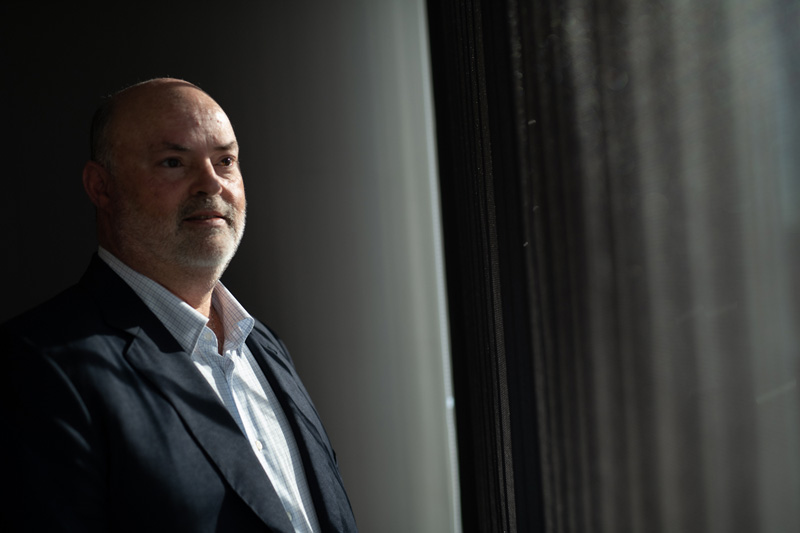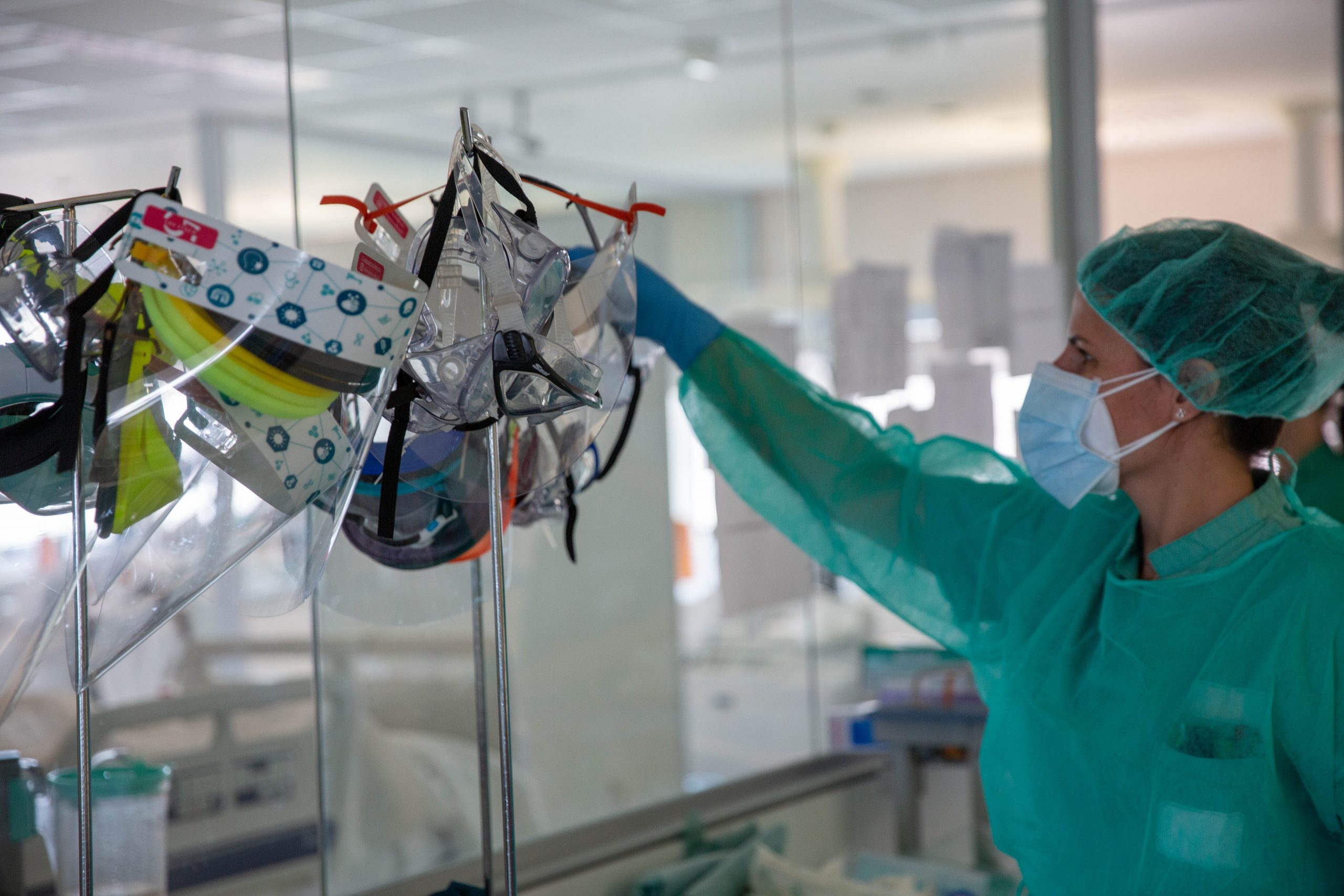Sala Michael Neidorff
Puede resultar sorprendente, pero lo cierto es que este es el primer blog que escribo en 2022. Casi desde principios de año, hemos vivido meses muy intensos en el grupo sanitario Ribera. A los retos del sector sanitario y los efectos de la pandemia del Covid, que aún ha estado muy presente este año en … Leer más


